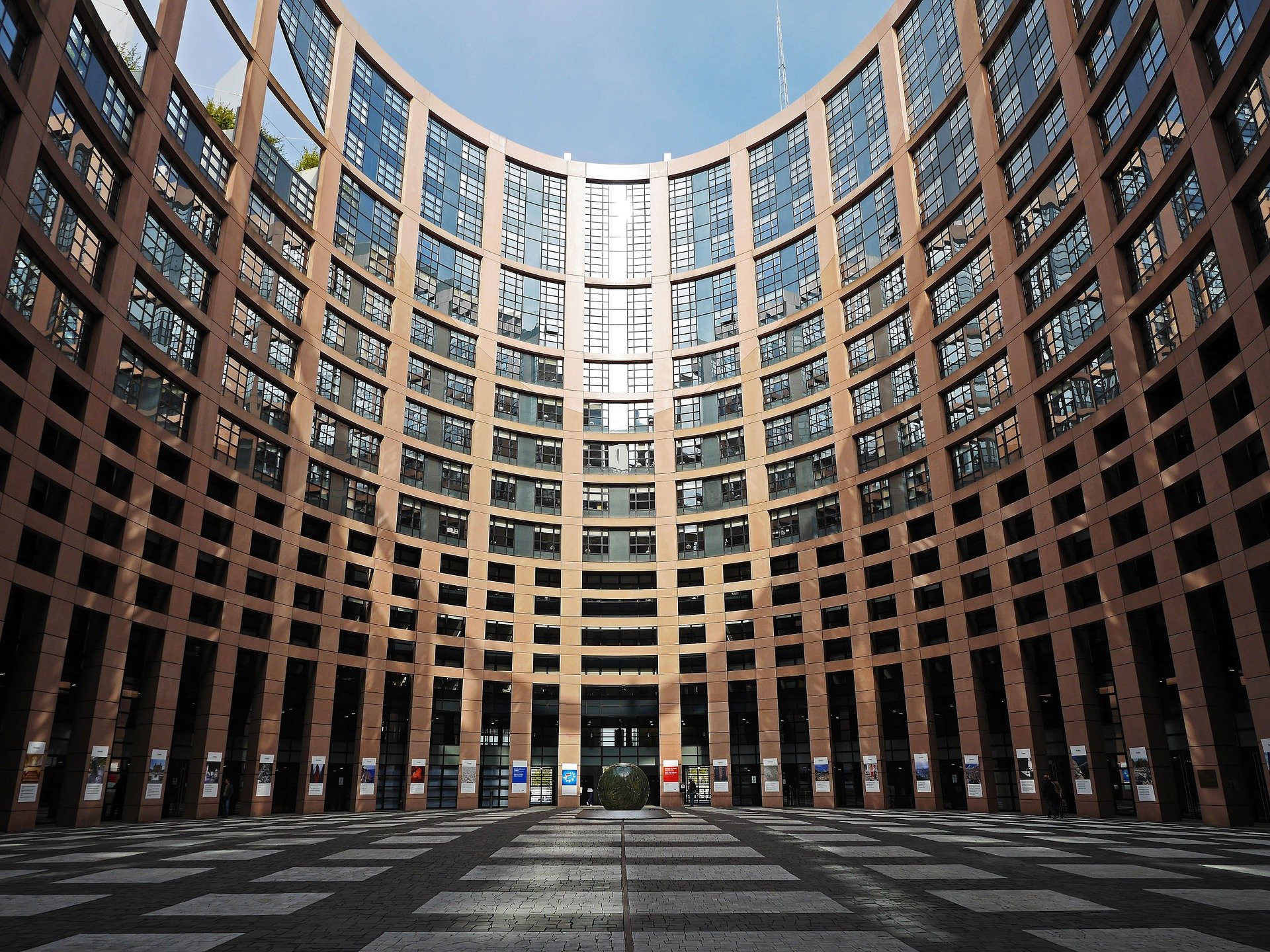Additional €4 Billion Secured for Horizon Europe Following Intense Discussions
Leaders of the 27 EU Member States and the European Parliament have agreed on a €4 billion increase for Horizon Europe, the European Union’s next research funding programme following the end of Horizon 2020.
The breakthrough follows two days of intense discussions between the Parliament and European leaders, and potentially ends a dispute dating back to July 2020, when EU leaders in the European Council agreed a budget of €80.9 billion for Horizon Europe as part of the next Multi-annual Financial Framework (MFF) for 2021-27. Under those terms, the core programme of Horizon Europe would have been allocated €75.9 billion with an additional €5 billion from the pandemic recovery fund.
That figure fell far short of the €94.4 billion budget proposed by the European Commission in May, and was met with widespread dismay in the research community as well as amongst large swathes of the European Parliament. Following an intense backlash, the Parliament took the unprecedented step of blocking the budget, triggering months of negotiations that may finally have reached a breakthrough.
The agreed €4 billion increase for Horizon Europe forms part of an additional €15 billion for health and education in Europe, made up of €12.5 billion of new funding, primarily derived from competition fines, and €2.5 billion from reallocated funds.
Of key interest to the higher education sector is an increase of €2.2 billion for the student exchange programme Erasmus+, while the budget for the COVID-19 response package EU4Health has risen by €3.4 billion to €5.1 billion. Elsewhere, the InvestEU programme will receive an additional €1 billion, while another €1 billion has been allocated to the Neighbourhood, Development and International Cooperation Instrument, the Commission’s international aid scheme.
Reaction to the agreement has been mixed, with responses ranging from relief that a compromise has been reached to outright disappointment in the figures. MEP Christian Ehler, spokesman on Horizon Europe for the European Peoples’ Party, said:
‘Today’s agreement on the next long-term EU budget between the European Parliament, EU Member States and the European Commission is a victory for researchers, scientists and citizens alike.’
‘The European Parliament presented a united front. With our collective effort and with the help of stakeholders, we managed to secure this €4 billion top-up for Horizon Europe which more or less re-establishes the same level of funding of the original Commission proposal.’
However, while the agreement represents a major political breakthrough, disappointment was expressed from the research community. Robert-Jan Smits, former director-general of the European Commission’s research and innovation directorate and president of Eindhoven University of Technology, said:
‘Well, it’s a bit more, but of course it doesn’t come close to the €100 billion the European Commission originally proposed and the €120 billion the European Parliament had asked for. So yes, I am disappointed, very disappointed.’
Kurt Deketelaere, secretary-general of the League of European Research Universities (LERU), was even more hostile, describing the increases as ‘peanuts’ and criticising EU leaders for failing to prioritise research and innovation. He said:
‘Instead of investing additional national money in EU research and innovation policy, the Member States prefer competition fines to do the job. For LERU, this is another illustration of the fact that their daily oral support for research and innovation is just pure rhetoric.’
While the agreement clears a significant hurdle, it by no means marks the end of the budget negotiations. The European Parliament as a whole still needs to ratify the agreement, and the Council must agree to the proposals unanimously along with the EU’s national legislatures. Negotiations on the annual budget for 2021 are also yet to take place, with the European Parliament and Council expected to reach an agreement in the conciliation period between 17 November and 7 December 2020.
RESEARCHconnect will continue to report on the Horizon Europe budget and wider MFF negotiations as they proceed.
RESEARCHconnect provides up-to-the minute content, insight and analysis on research funding news and policy. To find out more about how RESEARCHconnect can keep you in the know, and subscription fees, contact us today.

